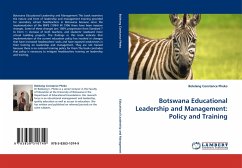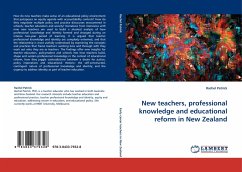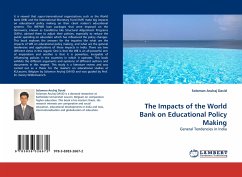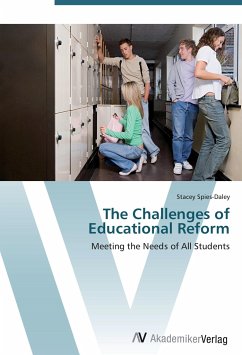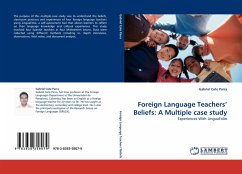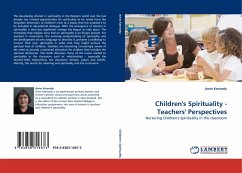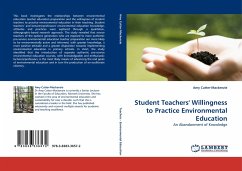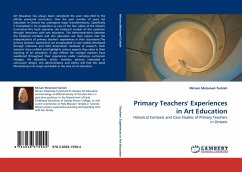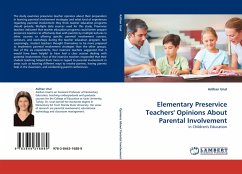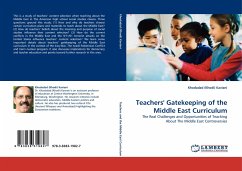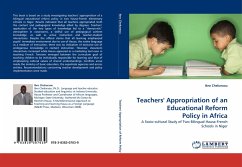
Teachers'' Appropriation of an Educational Reform Policy in Africa
A Socio-cultural Study of Two Bilingual Hausa-French Schools in Niger
Versandkostenfrei!
Versandfertig in 6-10 Tagen
52,99 €
inkl. MwSt.

PAYBACK Punkte
26 °P sammeln!
This book is based on a study investigating teachers appropriation of a bilingual educational reform policy in two Hausa-French elementary schools in Niger. Results indicated that all teachers appropriated both the content and pedagogical knowledge albeit by degrees. Teachers application of the two types of knowledge led to a democratic atmosphere in classrooms, a skillful use of pedagogical content knowledge, as well as active instruction and teacher-student interactions. Despite the official claims that all learning emphasized pupils immediate environment due to use of Hausa, the native lang...
This book is based on a study investigating teachers appropriation of a bilingual educational reform policy in two Hausa-French elementary schools in Niger. Results indicated that all teachers appropriated both the content and pedagogical knowledge albeit by degrees. Teachers application of the two types of knowledge led to a democratic atmosphere in classrooms, a skillful use of pedagogical content knowledge, as well as active instruction and teacher-student interactions. Despite the official claims that all learning emphasized pupils immediate environment due to use of Hausa, the native language as a medium of instruction, there was no indication of exclusive use of endogenous knowledge in content instruction. However, classroom interactions increased while Hausa appeared as a mediating tool even in teaching French. Tensions emerged between the curriculum goal of teaching children to be individually responsible for learning and that of emphasizing cultural values of sharedunderstandings. Conflicts arose inside the ministry of basic education, the expatriate agencies and across entities. Recommendations concerning teacher development and policy implementation were made.



